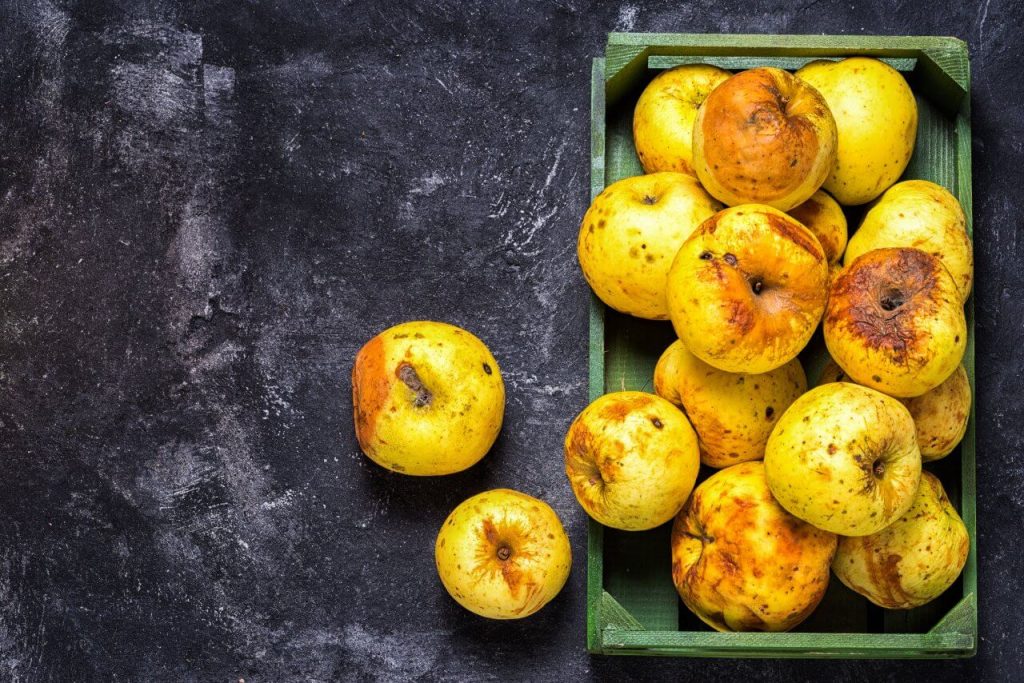
Discover the five latest trends shaping the future of food preservation packaging technology in 2024. From sustainable solutions to advanced packaging techniques, explore the innovations revolutionizing the industry.
Introduction:
Food preservation packaging technology plays a crucial role in maintaining the freshness and quality of food products. As we move further into 2024, several trends are shaping the landscape of food packaging. These trends offer more sustainable, efficient, and innovative solutions than ever before.
- Sustainable Packaging:
One of the key trends in food preservation packaging is the shift towards sustainability. According to a recent survey by The Economist, Intelligent Unit, consumers are increasingly demanding eco-friendly packaging options. There is a 71% rise in online searches for sustainable goods globally over the last five years according to the survey.
According to a survey from Mc Kinsey 66% of all respondents and 75% of millennial respondents want to consider sustainability when they make a purchase.
These and other regulatory and climate change factors are prompting leading FMCG companies to explore sustainable alternatives. These include biodegradable materials, compostable packaging, and recyclable plastics.
- Advanced Barrier Coatings:
The use of petroleum-based products over the last five decades have caused irreparable damage to the planet. Scientists are working on bio-based barrier coating solutions that can be applied to packaging materials to increase food shelf-life.
Barrier coatings are a protective layer that shield fresh meat, beef, pork, vegetables from factors that cause food spoilage. These factors include moisture, oxygen, pathogens and chemicals/gasses. According to a study conducted by MDPI, the coating composition may incorporate natural antimicrobial compounds that fight food spoilage.
In 2024, we are seeing advancements in new barrier coating technology. LoopM Alternatives provides innovative bio-solutions for packaging companies to prolong food freshness. It is agro-based, biodegradable and chemical free formulation that is applied to the inner film of packaging materials to extend the shelf-life of fresh produce.
- Active Packaging:
Active packaging is a smart packaging technique designed to extend the shelf-life and quality of perishable produce. According to Fortune Business Insights, the global packaging market is projected to grow $15.21 billion in 2023 to $22 billion by 2030.
Active packaging interacts with compounds in a packaged product slowing microbial growth rate and shielding perishables from moisture and oxygen that increase spoilage.
Active packaging technology can have many properties such as oxygen absorbers, ethylene scavengers, and antimicrobial agents. LoopM Alternatives has all these properties and also fights several harmful pathogens. It locks freshness and extends the shelf-life of fresh meat, beef, pork, fish etc. keeping it fresher for longer.
- Smart Packaging:
Smart packaging technology is revolutionizing the food industry, offering real-time monitoring of food quality and safety. These packages contain sensors that can detect temperature, humidity, and other factors that affect food freshness, providing valuable data to producers and consumers alike. For example, a 3D-printed smart cap with embedded sensors for milk cartons that detects spoilt milk is a case in point.
- Blockchain Technology:
Blockchain technology is increasingly being integrated into food packaging to ensure transparency and traceability. It boasts of a projected global market size of USD $3.3 billion by 2023 and a compound annual growth of 87.0% according to MarketsandMarkets study.
By tracking the journey of food products from farm to table, blockchain helps prevent food fraud and ensures food safety.
Conclusion:
The future of food preservation packaging technology is bright, with sustainable, advanced, and smart solutions leading the way. By staying abreast of these top trends, food producers can ensure that their products remain fresh, safe, and environmentally friendly in 2024 and beyond.




